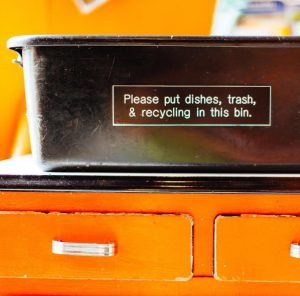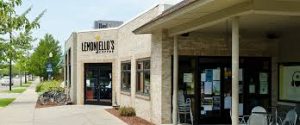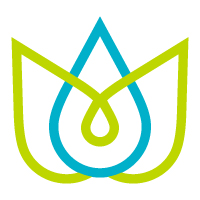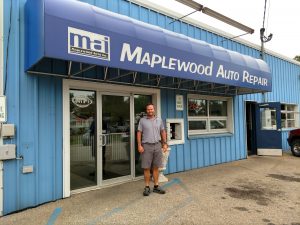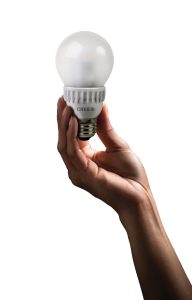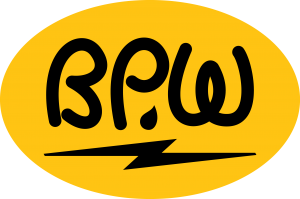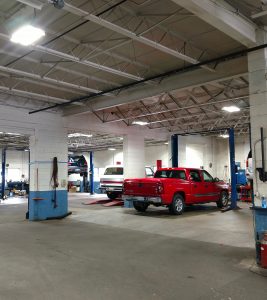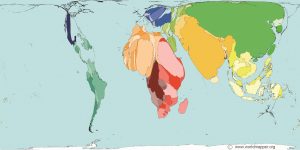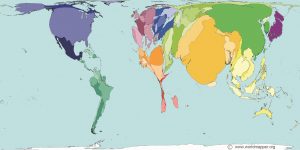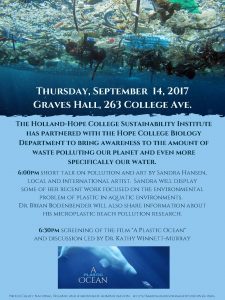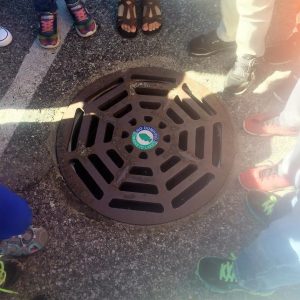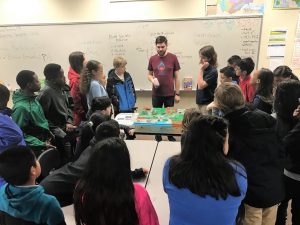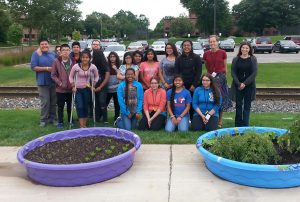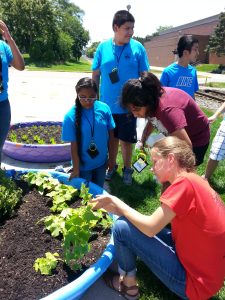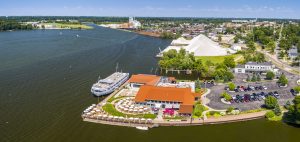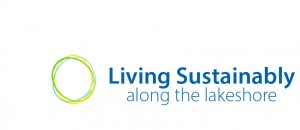September 2017 Sustainability News
September 29, 2017 – Part II: Armed with Science, Backed by Law, They are the Voices of the Water
September 29, 2017 – Letter: Elementary conclusions on climate change
September 28, 2017 – Local farmers say apples survived recent heat
September 28, 2017 – Local Favorites: Ah, the crunch of a fresh Michigan apple
September 28, 2017 – Ottawa County works to save monarch butterfly population
September 28, 2017 – Ottawa Food Strategic Plan is now available on the Ottawa Food website
September 28, 2017 – GVSU honey for sale in Holland
September 28, 2017 – Holland Christian crafting diversity and inclusion plan
September 28, 2017 – Palisades Power Plant to continue operations until spring 2022
September 27, 2017 – Water levels coming down in Lake Michigan
September 27, 2017 – Yet another study concludes that global warming is real
September 27, 2017 – Healthcare Wants More Sustainability Strategies, J&J Finds
September 27, 2017 – Seasonal fruit makes for tasty regional cobblers
September 27, 2017 – Four ways to preserve summer tastes from your garden
September 27, 2017 – Nike Introduces Recycled Leather Material for Shoes
September 27, 2017 – Carbon Capture Could Benefit Environment and Boost Industry’s Output, Energy Secretary Says
September 26, 2017 – Holland Christian fourth-graders learn energy efficiency
September 26, 2017 – Smart, kid-friendly options for after-school snacking
September 26, 2017 – 500 gallons of sewer discharged at BPW lift station
September 25, 2017 – Living Sustainably: Fixing four problems at a zero-waste business
September 25, 2017 – We Have Time to Meet Climate Goals, Study Says – but Not for the Reason You Might Think
September 25, 2017 – Hot, isolated, and running out of supplies, parts of Puerto Rico near desperation
September 24, 2017 – Get ready for pea milk. It doesn’t taste like peas and it’s not even green
September 22, 2017 – Plastics Shortages, Price Increases Result from Harvey’s Aftermath
September 24, 2017 – Michigan House bill package would address environmental curriculum, issues in schools
September 23, 2017 – What will be cut next in the over-budgeted Civic Center project?
September 21, 2017 – West Michigan’s new education buildings: student-inspired technology, aesthetic, and sustainability
September 20, 2017 – ROE (Return on Environment) is the new ROI: how sustainability drives business success
September 20, 2017 – Why 2 degrees Celsius more warming limit so important
September 20, 2017 – Climate change puts fish in hot water
September 20, 2017 – Linking the generations with Grandparents Day
September 19, 2017 – Mapping-out climate change impacts on real life
September 19, 2017 – How warm oceans can turn coral reefs into graveyards
September 19, 2017 – Sustainability Gets Greater Focus From US Cotton Industry
September 19, 2017 – EPA May Reconsider Rules for Disposing of Coal Ash, Used in Everyday Products
September 19, 2017 – Holland wins international floral competition
September 18, 2017 – Little Hawks Preschool cuts ribbon on school expansion
September 18, 2017 – LED technology offers bright ideas for saving money
September 18, 2017 – Michigan Small Businesses Save $21 Million Yearly Through Efficiencies
September 17, 2017 – Michigan Trails Week: discover your next outdoor adventure
September 17, 2017 – Holland-area schools see big gains, losses from school choice
September 17, 2017 – Michigan SAT scores slightly increase in second year
September 16, 2017 – Holland Wins in International Competition!
September 15, 2017 – Socially Responsible Investing Takes Clearing a Few Hurdles
September 15, 2017 – Weaver House deck reconstruction begins, legal action may follow
September 15, 2017 – As the climate warms, snakes could slither north
September 13, 2017 – 3 easy DIY STEM projects for kids
September 13, 2017 – How to Quantify Sustainability’s Impact on Your Bottom Line
September 12, 2017 – 5 food trends impacting what, and how, we eat
September 12, 2017 – Bringing sustainability home is as easy as ABC
September 11, 2017 – Living Sustainably: Water conservation is vital
September 11, 2017 – Organic Agriculture Builds Healthy Soil, Stores More Carbon, Study Says
September 11, 2017 – Trump’s Pick for Ag Department Post Pushes for Sustainable Farming Incentives
September 11, 2017 – In the Wake of Harvey, EPA Critiqued After Decision to Delay Risk Management Plan
September 10, 2017 – With season wrapping up, Lake Michigan waters are testing clean
September 10, 2017 – Lost in Suburbia: Here’s some organic food for thought
September 10, 2017 – Michigan Bookshelf: ‘The Living Great Lakes’
September 10, 2017 – Minority, low-income students struggle on M-STEP
September 10, 2017 – Local businesses prepare for winter months
September 9, 2017 – ‘Booming’ building industry caused Civic Center budget shortfall: consultant
September 8, 2017 – Hope to hold forum on plastic debris in water
September 8, 2017 – Yes: Harvey shows climate change is real
September 8, 2017 – Hope student wins national chemistry award
September 8, 2017 – Even kids can have a role in helping after natural disasters
September 8, 2017 – HOPE CHEMISTRY STUDENT WINS NATIONAL AWARD FOR RESEARCH PRESENTATION
September 7, 2017 – League of women voters takes stand on DACA repeal, kicks off new season
September 7, 2017 – Colombia Embracing Sustainable Design at Universidad EAN
September 6, 2017 – Plastic Fibers Are Found in 83% of the World’s Tap Water, a New Study Reveals
September 6, 2017 – New teacher resources aim to help students understand religion’s role in world affairs
September 6, 2017 – Hurricane Harvey Left Massive Amounts of Industrial Pollution in its Wake
September 4, 2017 – Living Sustainably: Workshop focuses on watershed and quality of life
September 3, 2017 – Holland continues to get less funding for low-income programs
September 1, 2017 – DOE Releases 1 Million Barrels of Crude Oil From Emergency Reserve


